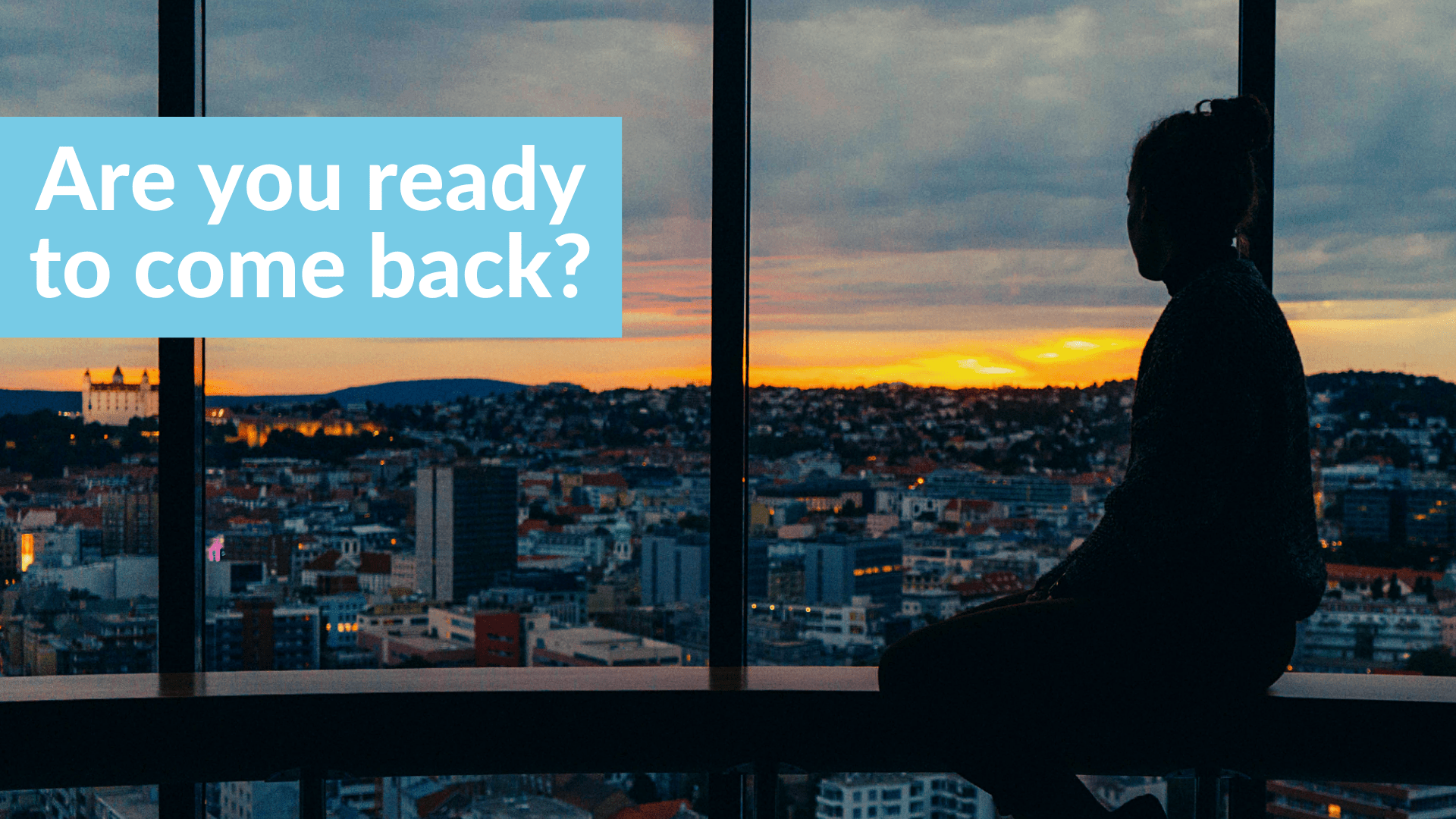Your cart is currently empty!

Has a year of lock-downs affected your communication skills?
During the past year, the world around us changed drastically, and it had a devastating effect on many aspects of our lives. As socially evolved beings, humans use communication skills to interact. What happens to these skills when almost all interactions are virtual?
Communication and relationships
Effective communication is the basis of healthy relationships. During quarantine, all our interactions suffered in their quality. That affects our ability to establish and develop relationships with others. Any relationship, even the one you establish with your audience.
Through communicating, you develop your language abilities, body language, empathy, ability to connect, and even understand what other people are saying to you. It can all be compromised after such a long lock-down.
Tim Levine, Ph.D. professor in the College of Arts and Sciences Department of Communication Studies at the University of Alabama at Birmingham, reminds us that one important impact it can have is that we may become suspicious of other people.
“This can make others more defensive and lead to a vicious spiral where isolation leads to suspicion, which begets defensiveness, which reinforces the suspicion and leads to further isolation as a self-fulfilling prophecy.”
This can be especially harmful when you’re in front of an audience. Many times, our fears and insecurities already leave us paranoid about what our audience may be thinking. Join to that, months of little to zero good social interaction, and you’ll find stepping into a stage more challenging.
Zoom Meetings – is it the same?
I’m sure that once you read this title, you immediately answered, “Of course not!” Zoom meetings are very different from being at the office with your peers, but how did they affect your communication last year?
The screen acts as an intermediary that is also a significant communication barrier. The gaps in your knowledge about the software as well as Internet connections failing, all can increase your stress levels.
Yet, and despite how uncomfortable you feel on camera, the truth is that you are in your safe space – your house. You probably worry about looking good from above the waist. You can have some hidden notes; no one else will ever see them. If you use slides in your presentation, then you’re a tiny dot in the corner of the screen.
Isolation
You can find a series of studies on how isolation and forced quarantine affect us. Here, you can find one of the most recent ones that provide very interesting information about a wide range of parameters affected during quarantine.
Things change dramatically as soon as you are back in the office. You may feel more self-conscious about yourself, your body, your voice, or mannerisms. You’ll feel more defensive, which can have an impact on your presentations.
Are you ready to come back?
After a long time of isolation and working from home, it is now time to come back or prepare to do so. Are you ready? Many of us are very tired of being home and not seeing anyone, so the first days will probably be a relief.
One of the main characteristics of disorders such as PTSD is that it happens not immediately after the traumatic situation. The symptoms tend to appear later in time. Sometimes, months. So you can eventually experience something similar in this case.
Past the first weeks – where everything seems new, you’re happy for seeing your co-workers again, and having your routine back – you may experience some negative feelings and depression. Your fears can increase. You may feel more tired and disconnected. That’s normal, and you need to face it as such.
Will we be able to come back to what we were? The answer is yes, but it will take some time. As with any other major happening in your life, you need to allow yourself to grieve and to heal. Restart your process, and don’t be too hard on yourself.
Talk to your coworkers, reconnect with them, rediscover relationships, and watch how, step by step, you’ll feel like yourself again. Increased anxiety levels are expected in this stage, so make sure you prepare all public presentations very carefully to help you put your anxiety under control. Find new rituals to help you face these new challenges, and remember, it is one more phase. It will get better again.
Do you still know how to communicate?
The lack of interaction dramatically impacts how we communicate and express our feelings, beliefs, and desires. The forced quarantine put us in a new and uncomfortable situation, making you fear losing your communication skills.
Social and digital media were there to ensure we kept in touch, but they can not replace face-to-face interaction. That is what develops our soft skills and gives confidence.
Now that it is all about to be over, you may feel that you are a few steps back then you were before. It is normal, and you have no reason to panic. Now, it’s time to take a deep breath and recover from the last year’s madness. It is time to rediscover your assertiveness and ability to connect.
Cátia is a psychologist who is passionate about helping children develop and train social skills.


Leave a Reply